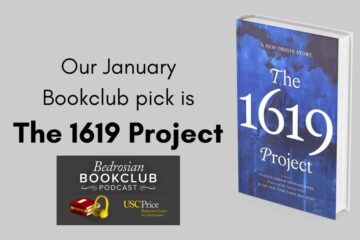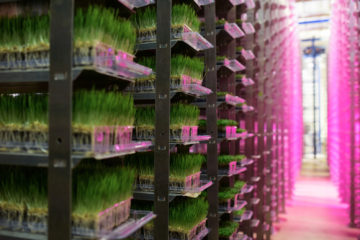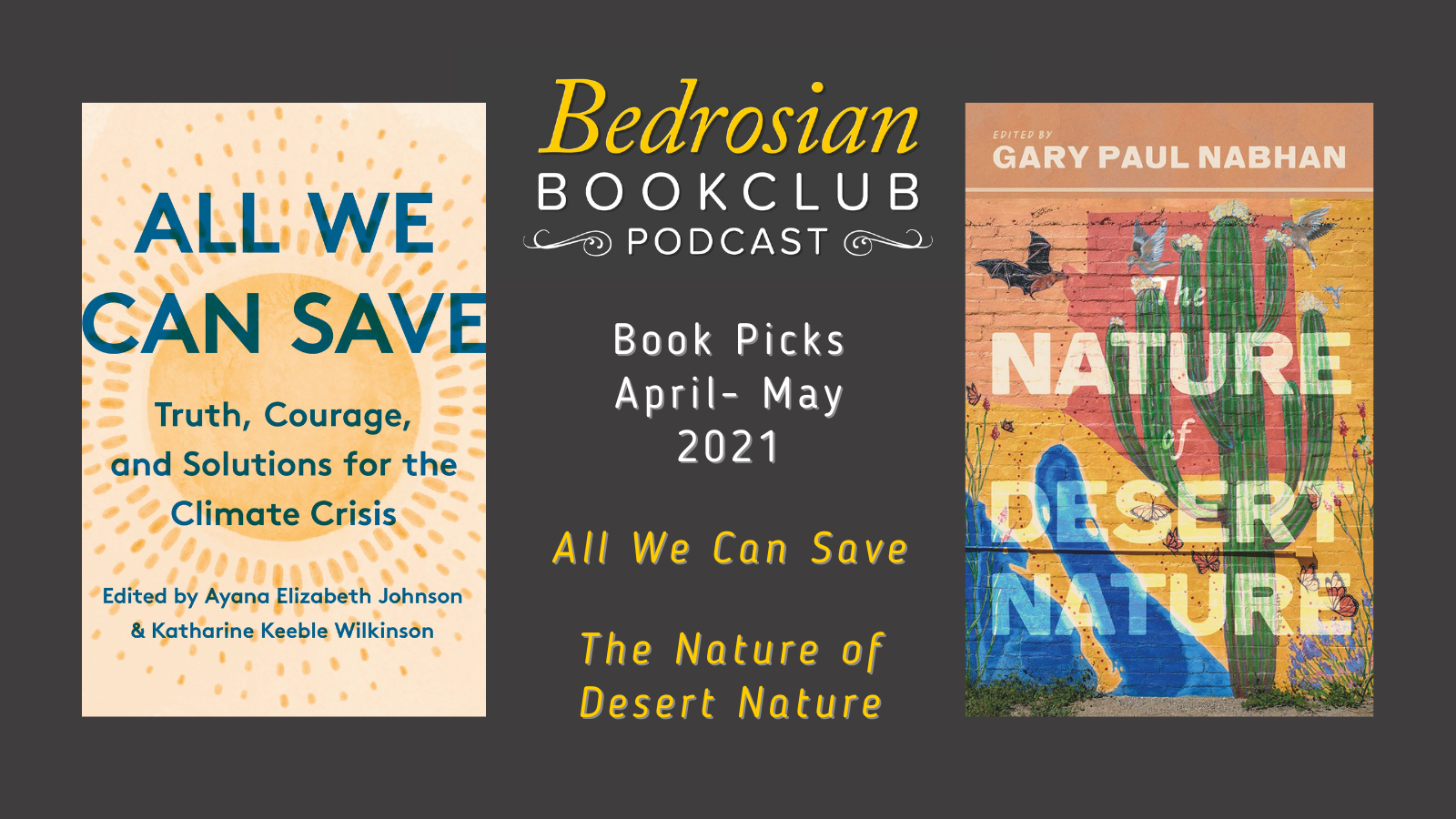A Conversation with Paula Daniels: Lessons Learned
On Tuesday, November 17 the Bedrosian Center welcomed the Executive Director of California Central, Paula Daniels for our third Lunch with a Leader event of the semester. Daniels has worked extensively on sustainability policy, holding important positions in both the nonprofit and public sector. She started her environmental work volunteering with Heal the Bay, where she eventually became chair of the board. She was then appointed to the California Coastal Commission. She later became a Public Works Commissioner during Mayor Villaraigosa’s administration, where she was involved in the creation of the LA Food Policy Council.
Now she heads California Central, a USC Villaraigosa Initiative that looks to shed light on California’s biggest policy issues for the future and looks to find ways to resolve those issues. During our talk we touched on issues of food waste management, stormwater management and water conservation, as well as policy regarding food deserts and urban farming. This Lunch with a Leader was especially conversational as Daniels took many opportunities to invite guests speak about their experiences and expertise on the topics discussed.
The great success that Paula Daniels has had in identifying policy issues, finding policy solutions and implementing them throughout her career is striking. Below are some important lessons we learned in conversation with her.
Seizing Opportunities
Daniels shared this wonderful metaphor about timing and opportunity:
“I mentioned I am from Hawaii and looking back at how some of these initiatives happened, especially the Food Policy Council initiative, my sense of it is that it is like surfing. There is a point when you realize an idea’s time has come and you can feel the momentum. The thing is, that in order to make something happen you have to be in the water, and on a board, and ready to paddle. You can’t be on the beach watching and thinking: ‘Oh, there’s that wave!’ and then you’d get in the water and paddle”
It highlights the importance of being proactive, and prepared, and working hard. It reminds me of the saying “opportunity looks a lot like hard work”. If you want to catch that wave to create some change, the wave has to find you prepared and “paddling”.
For example, one of Daniel’s biggest achievements when working with the Food Policy Council was getting LAUSD to adopt their Good Food Purchasing Program (GFPP), a set of standards for institutions so they understand how to purchase local, sustainable, and humanely produced foods. She explained how it was a very rewarding outcome, but it also took two years of development and working with many different stakeholders to get to it.
Think Big
She also encouraged attendees to think beyond the status quo when coming up and trying to implement policy solutions. The challenges or obstacles to achieving a policy goal should not keep you from working towards it. You should figure out what it is that is keeping a solution or an initiative from being implemented, and work to change those restrictions.
“There might be a law now that doesn’t allow something but that doesn’t mean it couldn’t be changed once you approach it from the standpoint of: ‘Well here we’ve got a new set of circumstances. How do we address it?’ … I tend to think of things on a systemic level. In other words, if I see that people don’t know how to use grey water for example, I think: why don’t we know? What are the impediments to being able to manage this on a broad scale? That is usually where I like to head my thinking. Why is something that should be happening not happening, and how can I remove those obstacles so that it does happen?”
Bedrosian Center Director, and the moderator for the event, Raphael Bostic reiterated her idea: “It is about creative thought. About trying not to be constrained by what is, but to think blue sky about what could be. Once you have a solution that works, try to figure out how to change the system to allow that to happen at scale”
Collaboration
One thing that Daniels really wanted to highlight is the importance of collaboration and working with a team of people. It was easy to see that this is important to her since she constantly made reference to the people she worked with before going into detail about any particular initiative or project that she’s been a part of.
For example, Daniels did not miss the opportunity to introduce a Price first-year MPP student, Anisha Hingorani, with whom she had worked with at the LA Food Policy Council to the rest of the attendees. She encouraged Anisha to talk about the work that she did for the council on food waste prevention, highlighting that she was “a great talent by the way”.
Daniels stated that: “Having the right group of people to work with is always really key. Nothing ever happens by one person alone. You’ve heard this before but it is so true. It always takes a lot of people to believe in what you’re doing too, and to want to go along with you in the idea.”
Going back to the LAUSD example, she talked about how important it was that different community groups in LA had already been working with LAUSD and laying the groundwork for a project like this to be adopted. “This is why I say that nothing happens by one person alone” she expressed.
When asked how she achieved this particular goal with LAUSD she responded that it was “political”:
“It was political, but I mean political in the best sense. That is, policy-making in its inclusive sense. It is political in that we don’t have jurisdiction over the School Board, but we can talk with people who are making the decisions and see if this project is of interest [to them] and they agree. So it was developed slowly, by agreement, and everyone was at the table and invited into the discussion”.
Professor Bostic applauded her explanation of political process expressing: “People too often say they don’t like politics, but everything we do is politics. Politics is collective decision-making. And we can choose to participate or not but that doesn’t mean that the politics isn’t going to happen. It may not be the easiest way, but it is the way that we come to decisions.”
We were very lucky to hear from such an experienced and effective leader in the environmental policy field and to learn more about the varied sustainability efforts in California that she has contributed to. Furthermore, the lessons that are highlighted above transcend any one policy area or issue.
If you would like to partake in another thoughtful conversation, and to learn valuable insights from a policy leader, such as the ones we shared here, join us for our last Lunch with a Leader of the semester this coming Monday November 30th. We will be hosting LA seismology expert, Dr. Lucy Jones. Don’t miss it!









